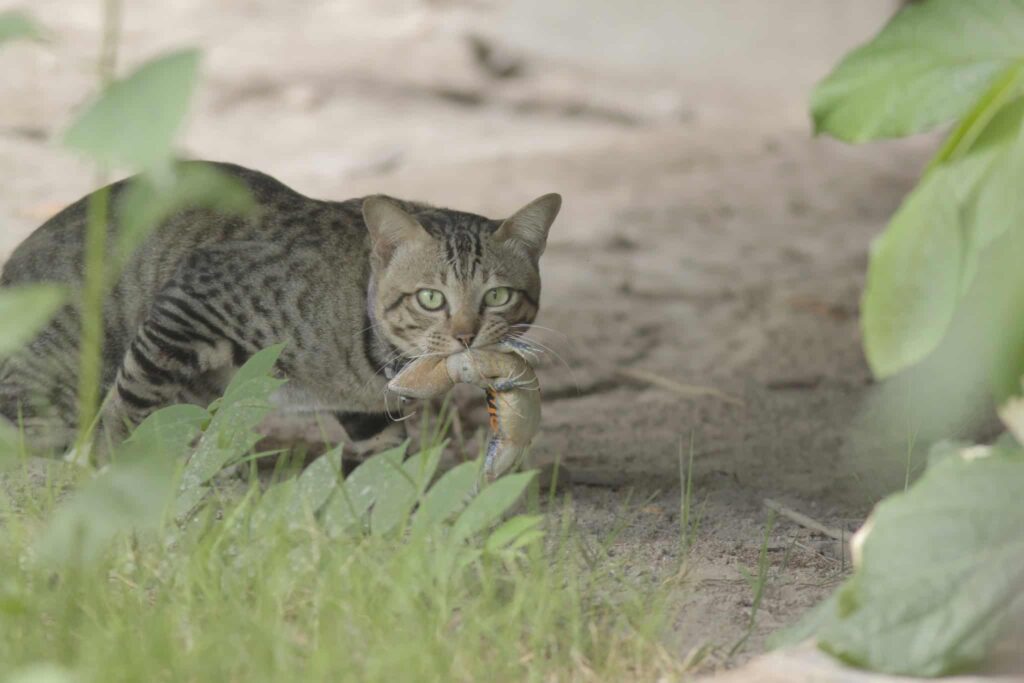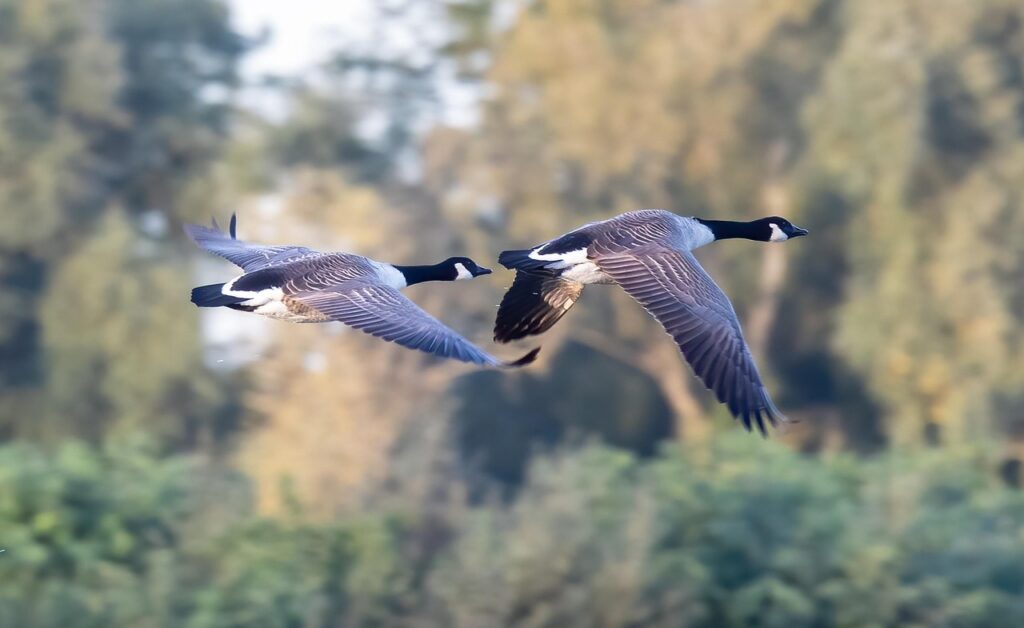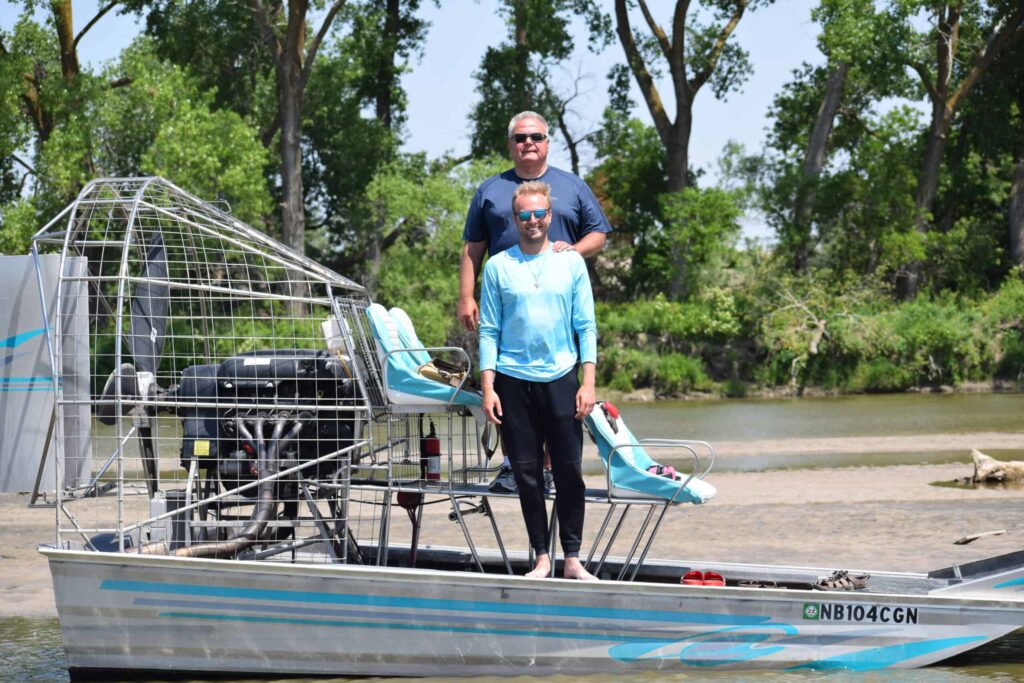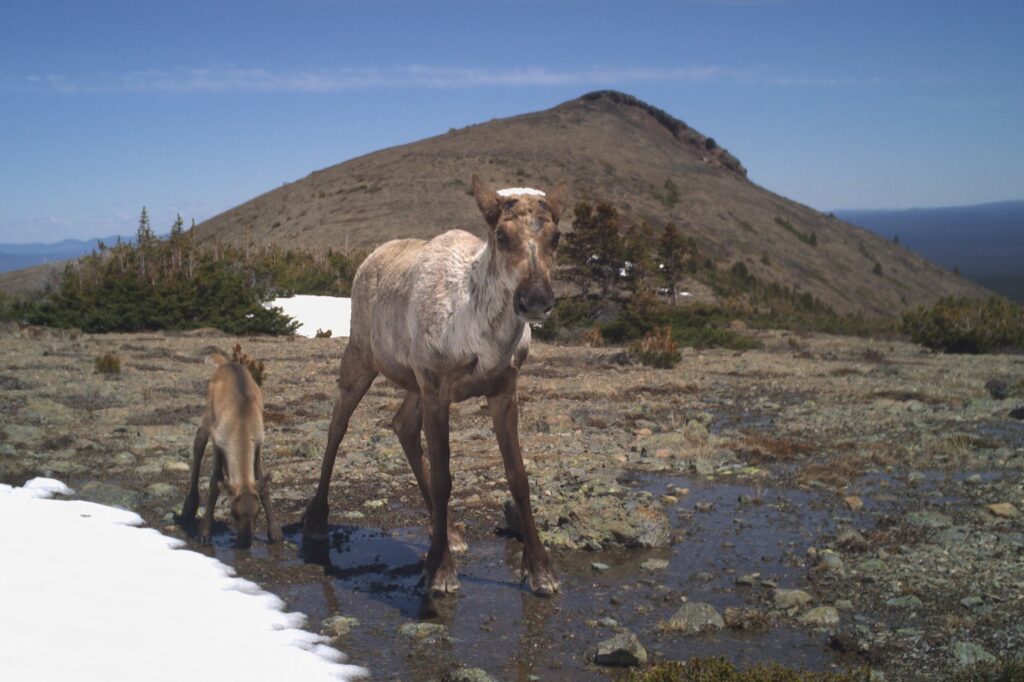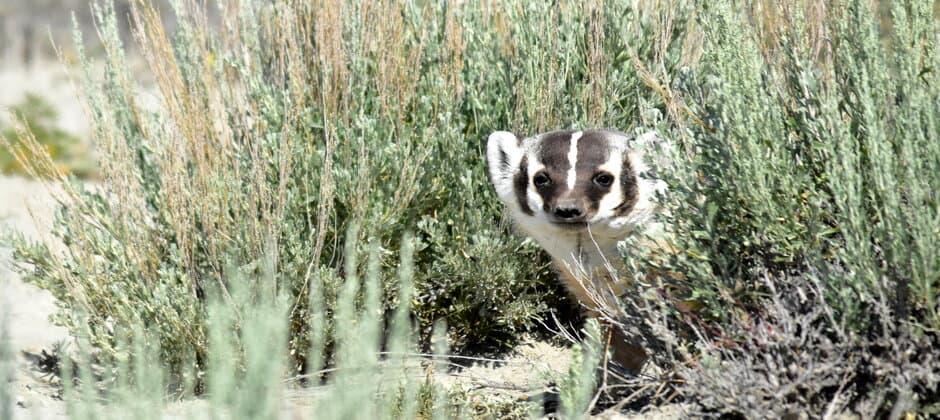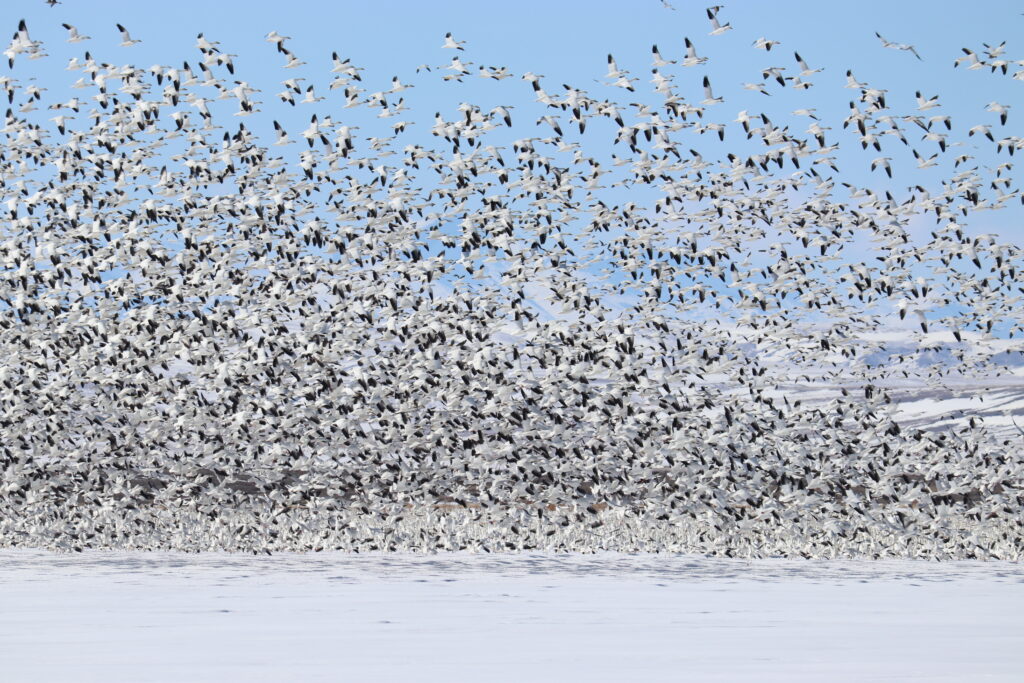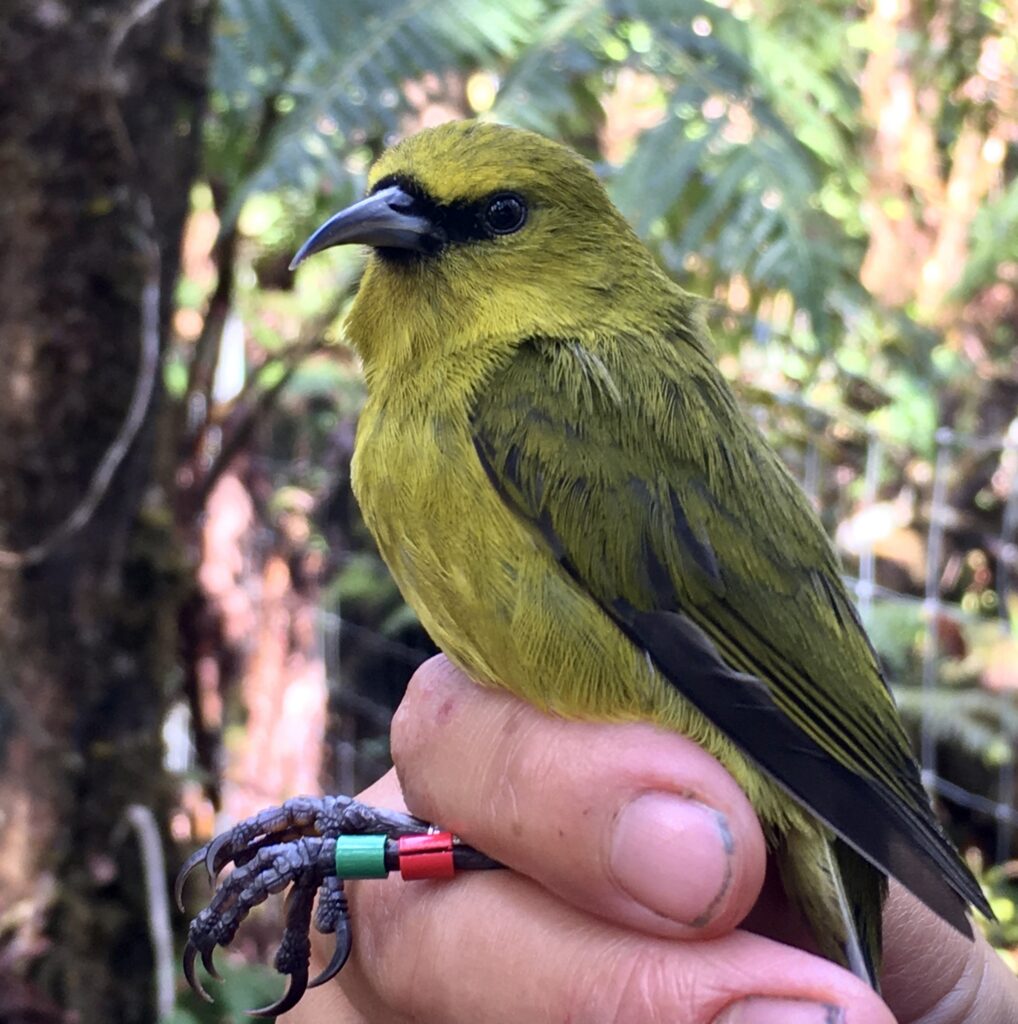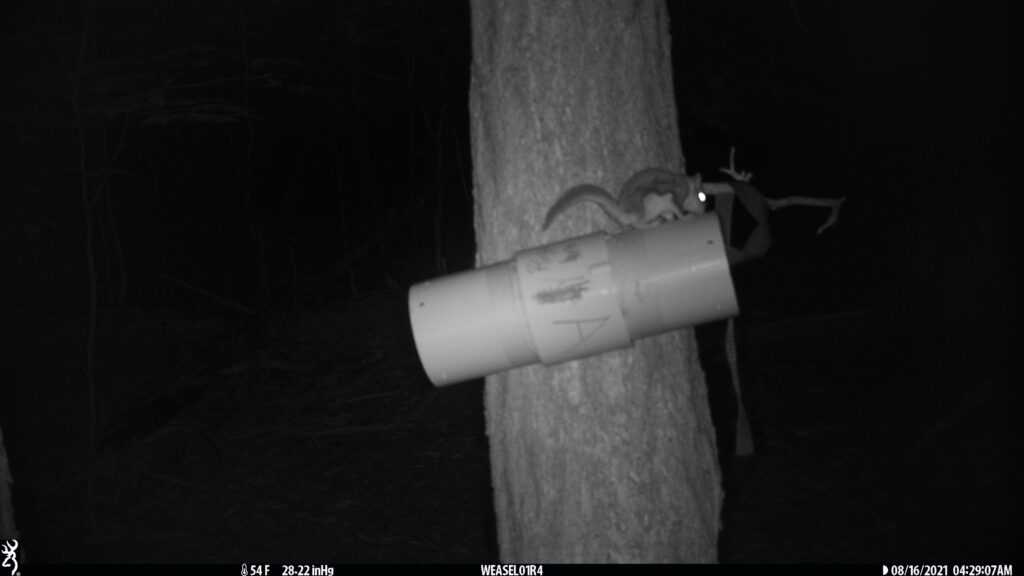As the U.S. House Appropriations Committee considered the appropriations bill for the Environmental Protection Agency and the Department of the Interior, The Wildlife Society and the American Fisheries Society sent appropriators a letter last week with their suggestions.
The two organizations stressed the importance of the U.S. Geological Survey’s Cooperative Fish and Wildlife Research Units and supported their funding at least $27 million in the FY 2022 appropriations bill in a letter to appropriators last week.
Funding the Cooperative Fish and Wildlife Research Units at $27 million in FY 2022 would allow for the establishment of two new units to be established at universities—Michigan State University and Purdue University. These two new units will address a major gap in the program in the Great Lakes region and provide critical fish and wildlife science to advance regional conservation actions.
The appropriations committee approved the spending bill, along party lines, which would provide $15.6 billion overall for the Interior Department. It now goes to the House floor for a vote. It includes $27.5 million for the cooperative research units—$2.5 million above FY 2021 levels.
Another key program for The Wildlife Society—the U.S. Fish and Wildlife Service’s State and Tribal Wildlife Grants program—would receive $82.4 million under the bill, in line with the president’s budget request. While that level is less than the $100 million that The Wildlife Society recommended, it is a $10 million increase above FY 2021 levels.
The National Wildlife Refuge System would receive $582.1 million, an increase of $78.2 million over FY 2021 numbers.. As a member of the Cooperative Alliance for Refuge Enhancement, TWS recommended funding the refuge system at no less than $600 million for FY 2022 as a step toward ensuring refuges have the funding they need to perform their work.
The Neotropical Migratory Bird Conservation Act would receive an increase from $4.9 million to $6.5 million, the level TWS recommended.
Within the Bureau of Land Management, the Wildlife and Aquatic Management program would receive a sizable increase, to $232.7 million. The Wild Horse and Burro Management program would be funded at $161.2 million to support additional removals and fertility control to manage the ecologically feral populations.
A failed amendment to the bill would have prevented Customs and Border Protection from providing funding to USFWS, BLM and the National Park Service to mitigate damage to natural resources caused by the construction of the wall along the U.S. border with Mexico. Another unsuccessful amendment would have prohibited federal funds from being used to implement the administration’s plan to conserve 30% of the nation’s lands and waters by 2030.
Appropriations committees in both the House and Senate are in the process of developing the appropriations bills for FY 2022, which will begin Oct. 1, 2021. Once the Senate Appropriations Committee passes an appropriations bill for the Interior, any differences between the two will need to be reconciled before a final bill can be approved.
Read TWS’ testimony on the Department of the Interior’s FY 2022 budget.
Article by Laura Bies